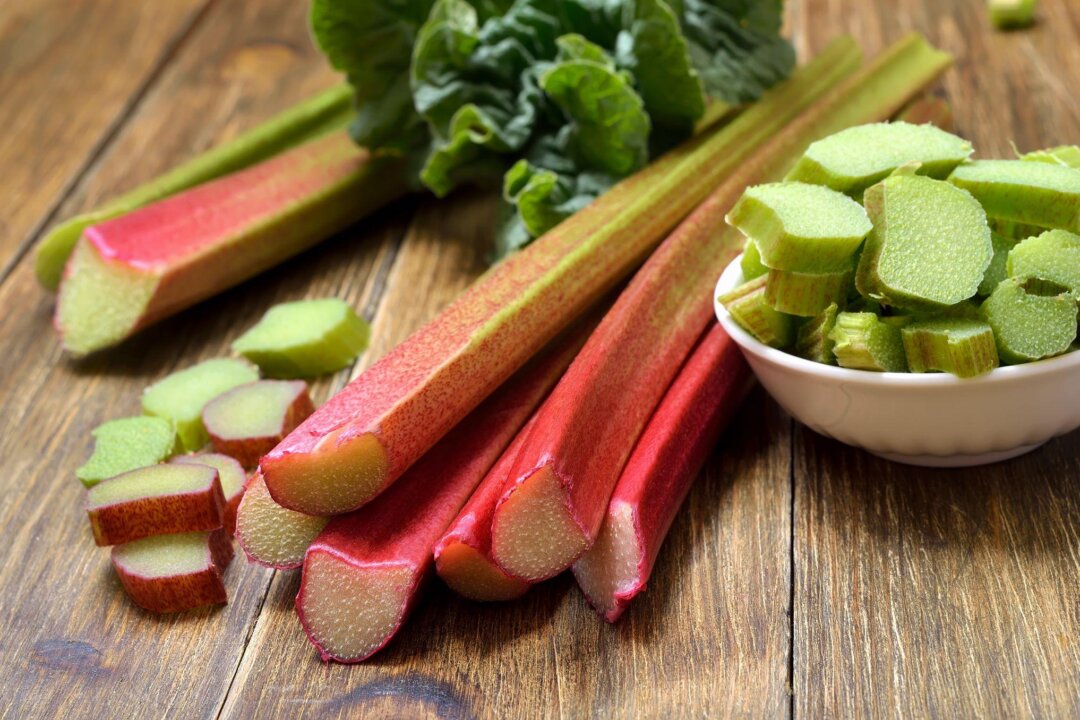Rhubarb is a common vegetable in North America and Europe, often used in desserts and beverages. It is highly nutritious, possesses cancer-fighting properties, and protects the kidneys, liver, and heart. 1.
Protects the Kidneys The review suggested that rhubarb can prevent and treat chronic kidney disease and improve renal dysfunction mainly due to its rich content of anthraquinone compounds. These increase the levels of antioxidants and anti-inflammatory substances in rat studies, thereby reducing the damage caused by oxidative stress and inflammation to renal cells. However, the review’s authors also noted a “two-way” effect of protection and damage.

When rhubarb is misused, it can actually harm the kidneys via the same pathways. “On the one hand, the dose is a crucial factor in the nephrotoxicity of Rhubarb. Low doses are nephroprotective, whereas high doses may cause toxicity,” they wrote.
“On the other hand, some physiological and pathological factors of patients, such as their age and gender, are also closely associated with the nephrotoxicity of Rhubarb.” 2. Inhibits Cancer 3.
Protects the Liver 4. Supports Cardiovascular Health 5. Protects the Central Nervous System Rhubarb, known for its tartness, vibrant color, and unique aroma, is commonly used in desserts.
In addition to being a staple ingredient in fruit pies, chopped rhubarb can be cooked with a bit of lemon juice and sugar to make a compote, which can be served on cakes, plain yogurt, oatmeal, or .
















